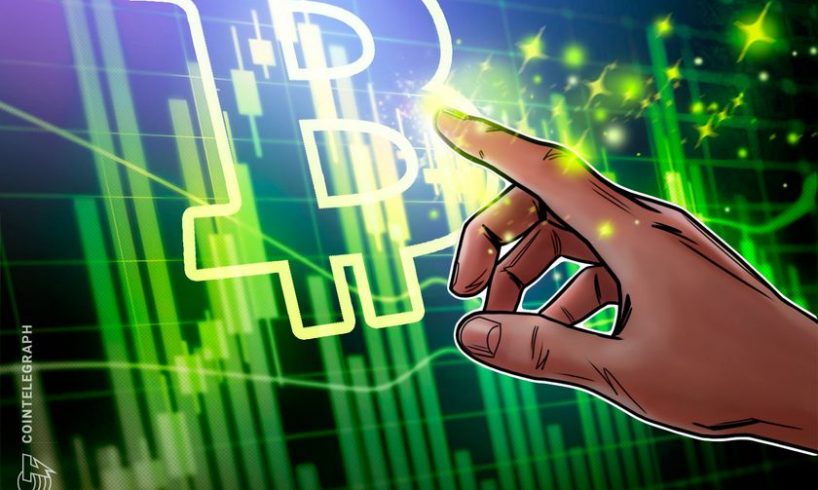
Bitcoin (BTC) has risen 2.4% since retesting the $59,900 support level on Oct. 3, despite facing initial resistance at $62,000. The gains on Oct. 4 were primarily driven by macroeconomic factors, such as US employment data, expectations of economic stimulus in Japan, and growing concerns about the US financial system.
In the US, the economy is booming, but fiscal conditions deteriorated. Interestingly, the US dollar surged to a 50-day high against other major currencies, including the euro, the British pound, and the Japanese yen.
Historically, the relationship between the US dollar Index (DXY) and Bitcoin has been inversely correlated. However, this latest movement seems to defy that pattern.
DXY Index (green) vs. Bitcoin/USD (blue). Source: TradingView
One possible explanation for this anomaly is the “Milkshake Theory,” which posits that the US dollar is absorbing excess global liquidity by offering higher interest rates and showcasing stronger economic fundamentals. As a result, the US attracts capital from other nations, which strengthens the dollar even as investors look to alternative assets like Bitcoin.
Better-than-expected US economic data has further accelerated this trend. US payroll data released on Oct. 4 showed 254,000 additional jobs in September, exceeding economists’ forecasts. These figures put the US economy ahead of other regions, thereby bolstering the strength of the US dollar.
At the same time, concerns about global economic growth have intensified following Japan’s signals of potential economic stimulus. Japanese Prime Minister Shigeru Ishiba has reportedly directed his ministers to draft an economic relief package, according to Reuters.
The plan is expected to include financial support for low-income households and subsidies for local governments, marking a departure from Japan’s previous monetary policies, which have struggled with deflation for the past three decades.
A 9% weekly surge in oil prices, driven by escalating conflict in the Middle East, is heightening global inflation risks. Rising transportation and logistics costs are likely to push consumer price indexes higher. Should…
..






